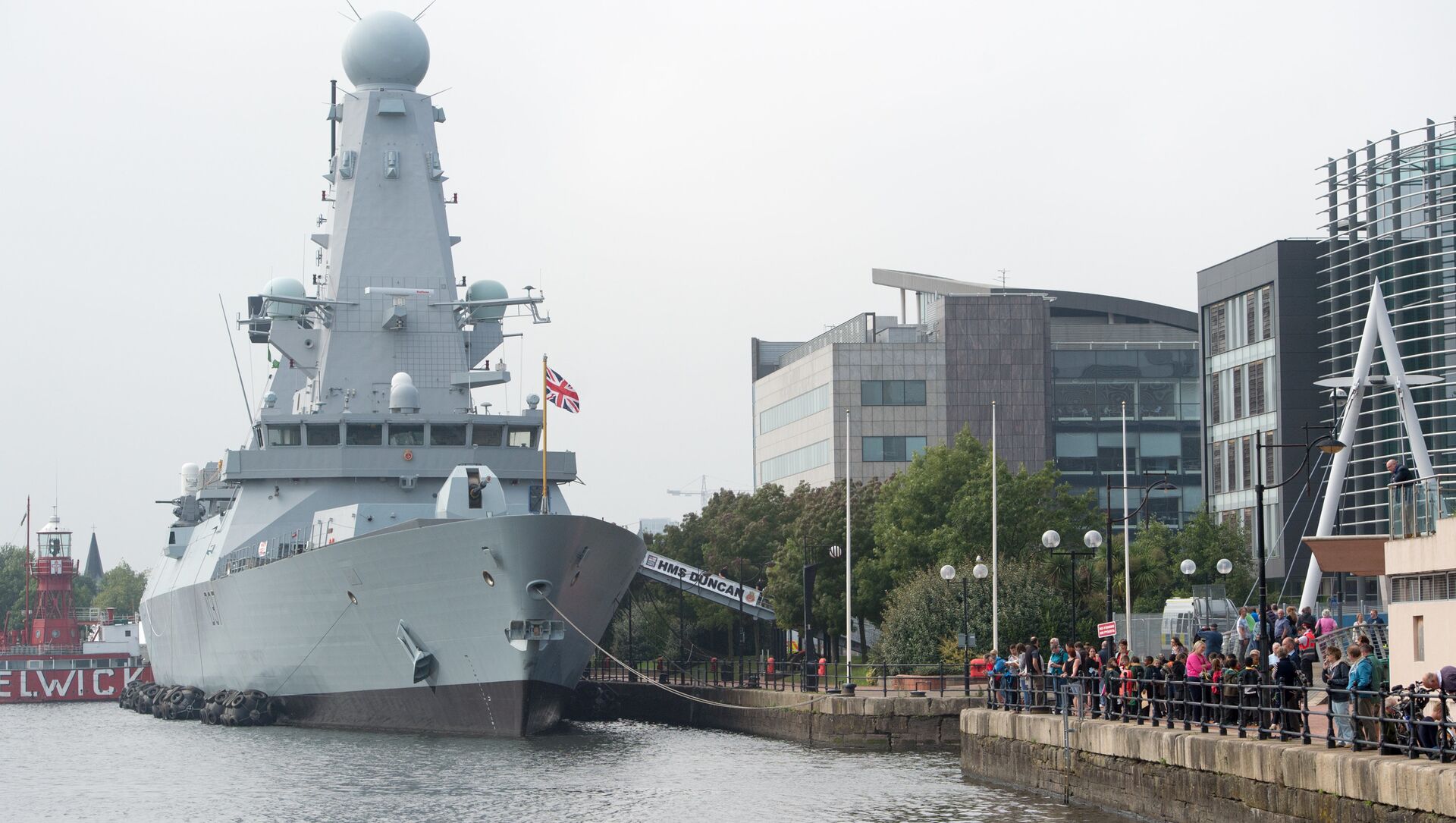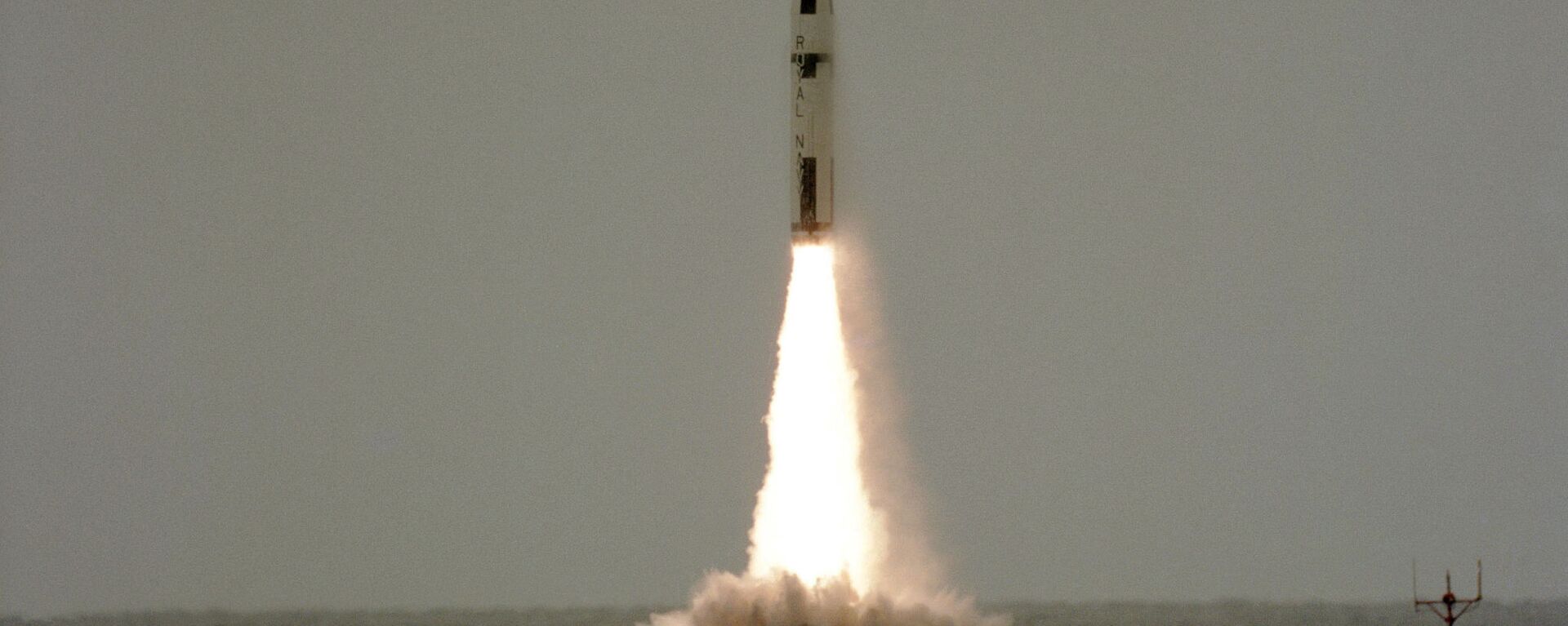"Cables are one part of that critical national infrastructure and incredibly important … Russia has certainly taken a deep interest in those cables, not only to the United Kingdom but obviously to the continent of Europe. We announced in November a multi-role surveillance ship. [Its] job is going to be to protect not only critical national infrastructure but other things. It will be able to do other surveillance functions around the sea and everything else," the secretary said in an interview.
Western countries regularly cite a Russian "threat" to justify their own defence policy moves. According to Russian Foreign Minister Sergey Lavrov, NATO is well aware that Moscow has no plans to attack anyone but still makes use of this rhetoric to justify its military buildup near Russian borders.
Earlier this week, the UK presented its long-awaited integrated review of its foreign and security policy, which described Russia as "the most acute direct threat to the UK" and China as a potential threat to the country’s economic security. The Kremlin slammed London for citing an "ephemeral" Russian threat in the document, which justifies the need to increase the UK’s limit of nuclear warheads from 180 to 260.


